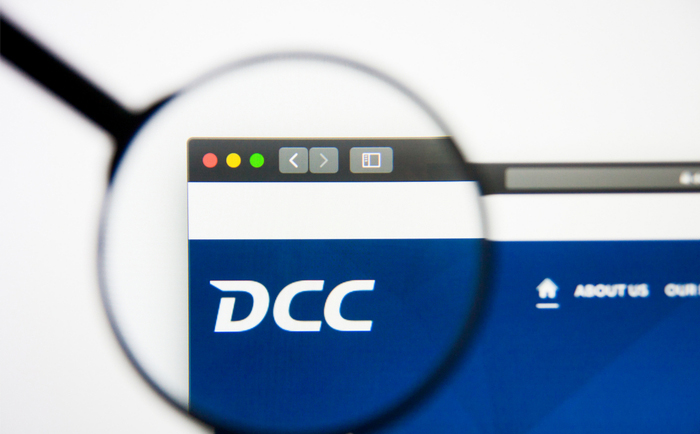Pay for non-executives in Europe is failing to keep pace with inflation, according to new research.
Non-executives have seen only a modest rise in pay from 2018 to 2023, the survey reveals, with inflation causing real-term decline in rewards.
Conducted by ecoDa, a body representing directors’ institutes, and WTW, a research provider, the project shows stalling pay coming at a time when the complexity in board duties is only increasing.
According to ecoDa, current pay levels are not fit for modern boardroom service. Rytis Ambrazevičius, chair of ecoDa, says: “The fact that current board pay structure and levels are not appropriate for the complexity of today’s world, and the level of responsibility, raises the question of attractiveness of the right non-executive profiles in Europe and of the ability of European companies to stay globally competitive.”
‘Growing demand for talent’
A senior director at WTW, Piia Pilv, says there is a “pay gap” emerging among non-executives at the same time as companies are looking to “improve the range and depth of non-executive talent with growing demand for diverse, international, highly skilled talent with experience in new key areas, such as, for example, ESG, digital, AI and cybersecurity.”
The key finding from ecoDa and WTW is that over the past five years CEO pay increased across Europe by 39% on average, while chair fees increased by 17% and non-executives by 16%. By 2022, non-exec fee increases were below inflation.
The highest average non-executive pay is to be found in the UK, Spain and Switzerland, with fees above €200,000 (£171,000); Italy and Germany are in the next group with €150-200,000 and non-executives in France and Finland follow with €100-150,000.
An overwhelming 92% of those questioned said the complexity and time commitment involved in their work had either increased “somewhat” or “significantly”.
Four out of five directors believe the balance between committee fees and the flat retainer should be “revisited”, while the survey also finds “broad agreement” that board chairs should be paid more than board members.
The UK has seen the pay debate change tack over the past year but this has mostly focused on London Stock Exchange efforts to talk up the need for higher chief executive rewards for the City to remain competitive. There has been little or no mention of non-executive pay.
Throughout the pandemic and cost of living crisis there has been a focus on modest increases to director pay, in line with their workers. Pay will remain a sensitive issue but there are clear signs of attempts talk up boardroom pay levels. This reflects a growing concern with competitiveness, especially as US growth is outstripping that of most countries in Europe and the UK.





